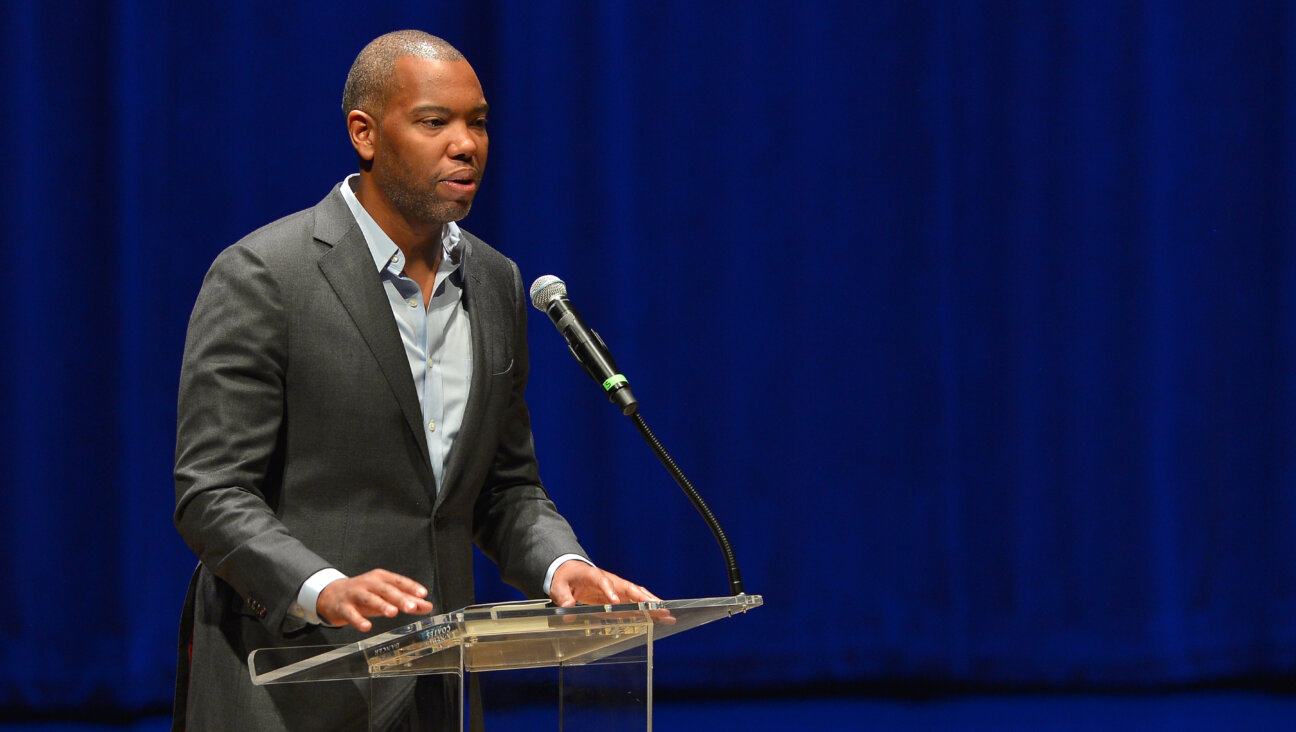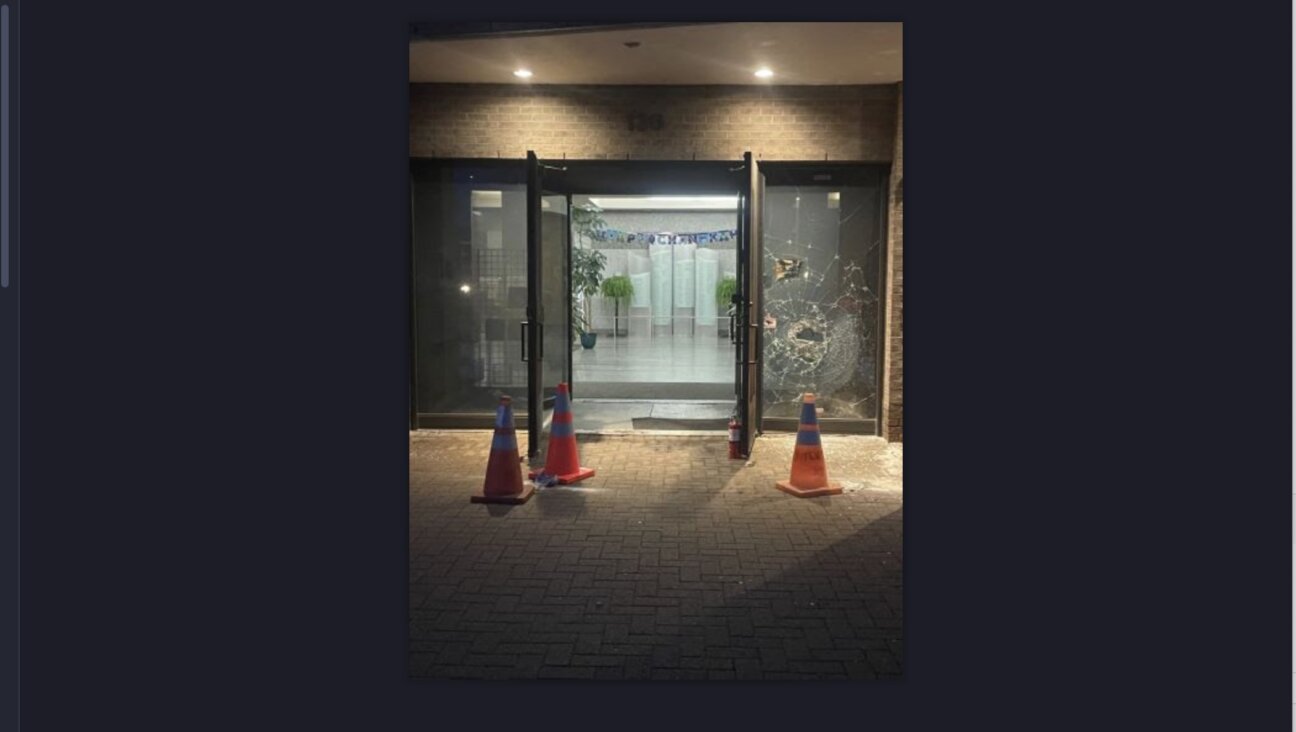Virus outbreak in black-Jewish Baltimore neighborhood leads to anti-Semitic blame game

An African-American radio host’s public blaming of Jews for Baltimore’s coronavirus outbreak led to an accusation of anti-Semitism, particularly since data shows that the city’s COVID-19 hotspots include neighborhoods popular with both Jews and black residents.
“There are a lot of Jewish people moving down here from New York City,” the host, George Mitchell, said on his WOLB 1010 AM show on Monday. “Now where was the hotbed of the virus? In New York City. It’s only obvious to me that if a person moves here from New York City, there’s more of a possibility the person has the virus than if the person was black.”
The comments, and anything else he or others might have done or said, prompted a harsh response from Isaac Schleifer, a Jewish city councilman.
“When people are suffering and dying, the last thing we have time for is ignorance,” Schleifer told a local television station, WBFF. “There’s never been a more important time for unity, and I hope this individual will think carefully about how his words are affecting us all.”
The data publicly available so far in Baltimore, as in many other places, makes it difficult to parse whether Jews in fact have higher rates of coronavirus infection or COVID-19 diagnoses than other populations.
Baltimore Mayor Bernard Young announced last week that the local ZIP Code with the most coronavirus cases — 137 at the time — was 21215,according to the Baltimore Sun..
That ZIP Code has one of the highest concentrations of Jews in the state, but it is also 80% African-American. Some 75% of the Baltimore area’s Jews – around 100,000 people – live in 21215 and four other contiguous ZIP Codes, according to a 2010 community census conducted by the Associated, Baltimore’s Jewish federation.
According to Young, three of those five ZIP Codes, including 21215, are among the places most affected by the virus. They are also racially diverse. (The other two are split about equally between white and black residents.) Notable Jewish neighborhoods like Pikesville and Park Heights, as well as the Ner Israel Rabbinical College, one of the country’s largest yeshivas, are located within that area.
Maryland state data, echoing reports from other places,shows that African-Americans are disproportionately likely to be diagnosed with the virus. (In Chicago, officials have reported that blacks account for more than two thirds of COVID-19 deaths, more than twice their portion of the population.)
Across Maryland, coronavirus outbreaks are in several places with high concentrations of both black and Jewish residents.
In the Montgomery County suburbs of Washington, D.C., for example, the vice president of the county council, Tom Hucker, told radio station WAMU that the most affected ZIP Codes in his area were home to large Jewish populations. He specifically mentioned elderly Jews, who are at greater risk of infection, and Orthodox Jews, who are likelier to live more densely due to the religious requirement of being within walking distance of a synagogue.
But Hucker also pointed out that his area is also home to high numbers of African-American and immigrants, who are likelier to still be working in public-facing jobs that could expose them to coronavirus transmission.
Aiden Pink is the deputy news editor of the Forward. Contact him at [email protected] or follow him on Twitter @aidenpink
A message from our Publisher & CEO Rachel Fishman Feddersen

I hope you appreciated this article. Before you go, I’d like to ask you to please support the Forward’s award-winning, nonprofit journalism during this critical time.
We’ve set a goal to raise $260,000 by December 31. That’s an ambitious goal, but one that will give us the resources we need to invest in the high quality news, opinion, analysis and cultural coverage that isn’t available anywhere else.
If you feel inspired to make an impact, now is the time to give something back. Join us as a member at your most generous level.
— Rachel Fishman Feddersen, Publisher and CEO

























